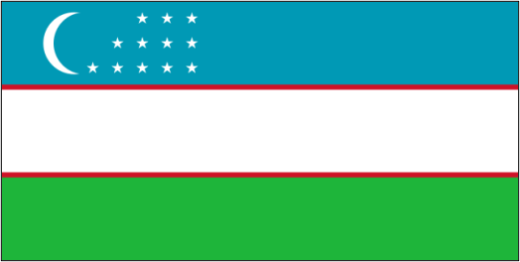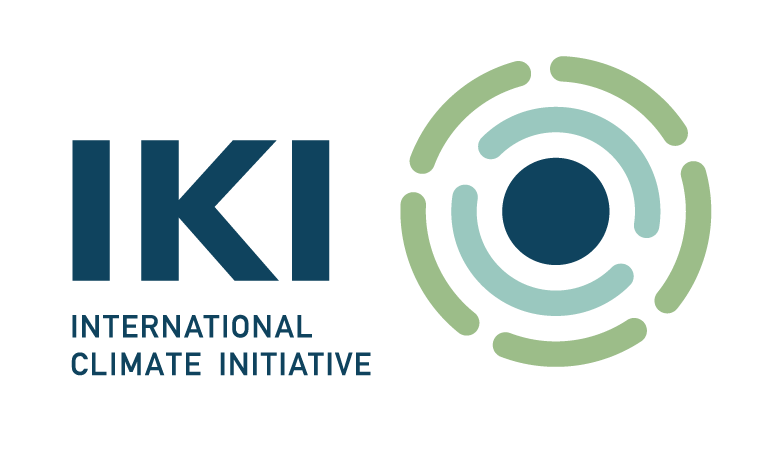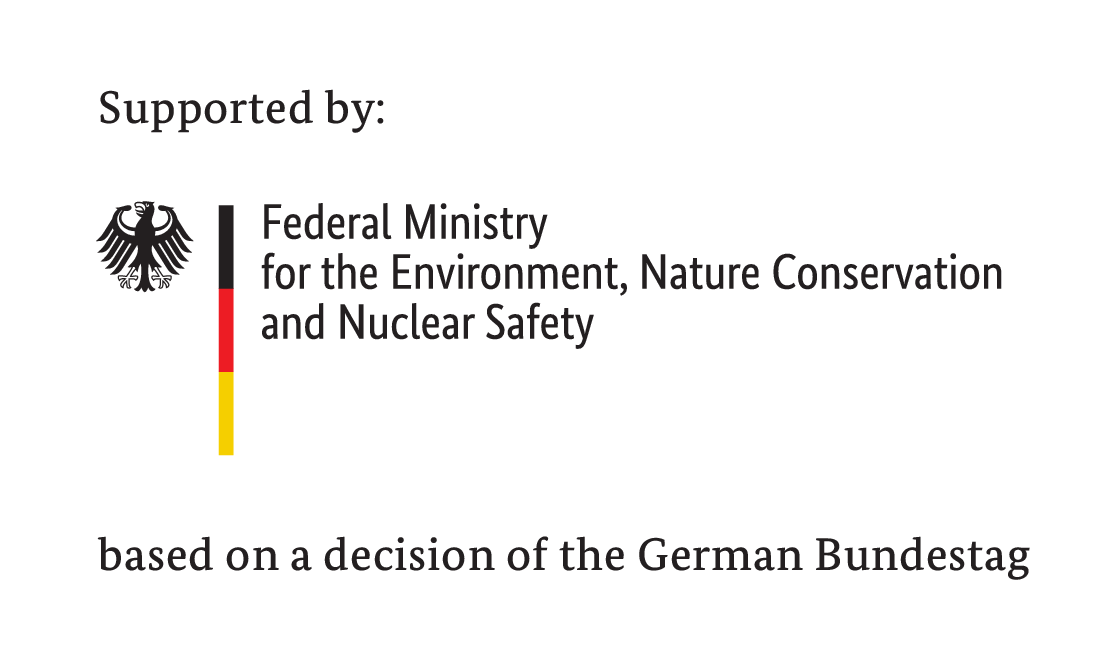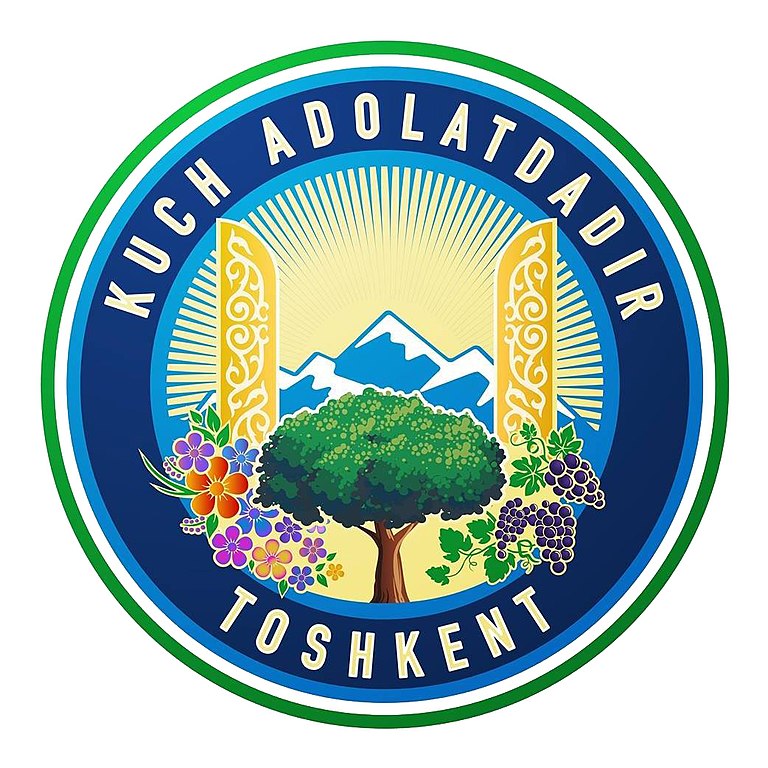Decarbonising Pathways for Urban Mobility in Uzbekistan

This project concluded in 2023. For the full project results, please see the final report.
You may also find a brief overview of the key findings in the project brochure.
Download project brochure [ENG]
The project findings stem from a tailored urban mobility improvement plan that identifies Tashkent's mobility challenges and proposes a timeline for implementing low-carbon, integrated policy measures grouped by thematic directions.
Download urban mobility improvement plan [ENG]
Скачать план улучшения городской мобильности [RUS]
Shahar harakatlanishini yaxshilash rejasini yuklab oling [UZB]
Finally, you can explore the modelling tool for Tashkent’s urban mobility that allows to test various policy measures targeting the decarbonisation of passenger transport up to 2050.
Download urban mobility model [ENG]
About the project
This study was split into three phases.
Phase one focused on assessing Tashkent's urban mobility context. The ITF engaged with Uzbek stakeholders through a fact-finding mission to map existing transport policies and mobility plans, collecting data to build a city-specific database for quantitative analysis.
In phase two, the team developed a strategic urban mobility improvement plan for Tashkent, aiming to establish a low-carbon, integrated transport system. This plan targets a shift towards sustainable transport, intending to reduce congestion, CO2 emissions, transport costs, and travel times, while enhancing accessibility.
For phase three, the ITF conducted a quantitative assessment of decarbonisation pathways, refining its Global Urban Passenger Model to fit Tashkent's context. In collaboration with Uzbek partners, three future mobility scenarios were developed: Baseline (no policy action), Current Policy (implementation of committed policies), and Climate Ambition (accelerated, enhanced measures for deeper decarbonisation). The model projects travel demand and corresponding CO2 emissions up to 2050, evaluating the effectiveness of various policy packages to support the improvement plan's recommendations.
Best practices for low-carbon urban mobility systems were then disseminated to the project stakeholders. In addition, a technical training session presented ITF’s methodology, the scenario modelling tool, and the results of the quantitative analysis.
This work is part of the Sustainable Infrastructure Programme in Asia – Transport (SIPA-T) which helps decision-makers in Central and Southeast Asia to identify ways to enhance the efficiency and sustainability of transport networks.
Additional Project Resources
Learn about the ITF Modelling Framework:
- Download methodology report [ENG]
- Download model manual [ENG]
- Скачать методологический отчет [RUS]
- Скачать руководство для модели [RUS]
See photos from the final dissemination event in February 2023




